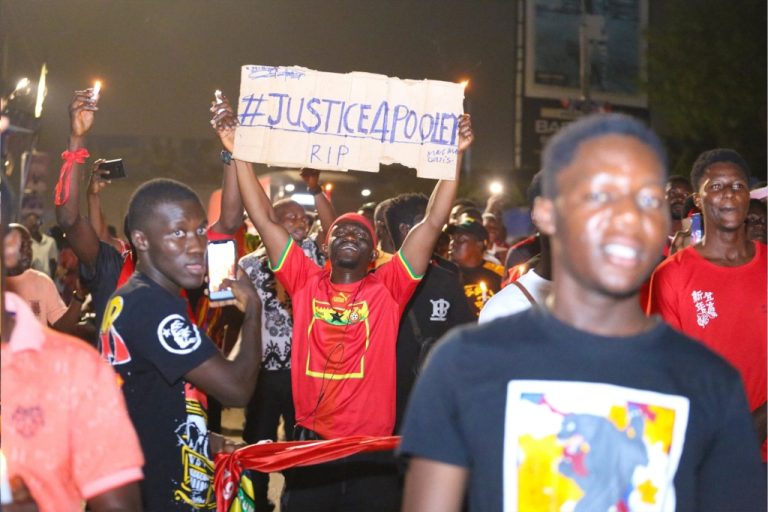Ghana stands at the face of a great transformation. A nation of promise, with a rich history and boundless potential, now finds itself at a crossroads.
The choices made today by the new government will determine whether Ghana emerges as a shining beacon of investment and prosperity for years to come or falters under the weight of inaction.
The time for bold leadership is now. For Ghana to fully harness its economic potential, it must prioritize regulatory stability, transparent governance, and investment-friendly policies. Without these pillars, efforts to attract and retain foreign investment will be severely hampered.
The challenge before us
For decades, Ghana has been heralded as the ‘Black Star of Africa’, a symbol of stability and economic opportunity in a volatile world.
And yet, recent years have tested that reputation. Capital is not patriotic; it flows where it finds security and returns. The decline in Ghana’s Foreign Direct Investment (FDI) from US$1.35 billion in 2022 to US$649.58 million in 2023 (https://gipc.gov.gh/)- signals a growing apprehension among investors.
The World Bank’s Business Ready 2024 report highlights inefficiencies in business registration, permit issuance, and market competition as significant deterrents to investment.
These challenges create an unpredictable business environment that erodes investor confidence. The international community watches with concern as regulatory inconsistencies, prolonged arbitration disputes, and the paralysis of essential infrastructure projects cast a shadow over Ghana’s future.
The world does not stand still, and neither can Ghana. The greatest nations of our time did not rise on potential alone—they thrived because they seized their moment with clarity, vision, and determination. Ghana must do the same and the new Government has the power and I believe, determination, to do just that.
A new era of digital progress
One such moment is upon us. Ghana stands at the threshold of a new digital era with the launch of 5G services—an essential step toward accelerating data growth and driving nationwide digitalization.
This milestone will unlock new opportunities for innovation, entrepreneurship, and economic development, positioning Ghana as a leader in Africa’s digital transformation.
The rollout of 5G aligns with the country’s Digital Agenda 2030 and the African Union’s Agenda 2063, marking significant progress toward a more connected and prosperous future.
Next Gen Infraco (NGIC), as the country’s only licensed 5G wholesale enabler, will play a key role in supporting this transformation.
But progress is not guaranteed. A promising future can be derailed by hesitation. If the regulatory environment remains unpredictable, if contract sanctity continues to be questioned, and if bureaucratic inefficiencies are left unresolved, then this moment of transformation will slip through our fingers.
Investors do not seek guarantees of success, but they do demand fairness, transparency, and consistency. The government must ensure that these principles are upheld, for they are the foundation upon which great economies are built.
The gravity of commitment
One of the most pressing concerns in Ghana today is the issue of contract enforcement. The US$251 million owed to American companies, that US Senator James, E. Risch stated recently is not just a financial liability—it is a test of credibility.
The global business community watches closely. Will Ghana reaffirm its reputation as a reliable partner, or will it send a message that agreements are fleeting and obligations optional? The answer to this question will shape our investment decisions.
Nations that uphold the rule of law flourish. Those that waver in their commitments find themselves isolated, struggling to regain trust. Every investor, whether Ghanaian or foreign, asks one fundamental question: “Will my investment be protected?” The answer must be a resounding yes, anything less will lead businesses to reconsider not only future investments in the country but, more critically, their existing commitments.
The call for leadership
Ghana is no stranger to adversity. Its people are resilient, its potential boundless. But the prosperity of tomorrow requires the courage to act today.
The new administration has an opportunity—a duty—to take decisive steps that will shape the next decade.
First, regulatory frameworks must be strengthened and applied consistently. Policies need to be predictable, fair, and transparent.
Second, stalled infrastructure projects—especially those vital to digital and economic transformation—must be unlocked. The cost of inaction is far greater than the effort required to resolve disputes and move forward.
Third, Ghana must champion its role as a leader in Africa’s digital future. The NGIC 5G rollout is a testament to what is possible when vision meets determination. The government must work hand in hand with the private sector to build on this momentum, ensuring that connectivity infrastructure reaches every corner of the country.
A defining moment
History does not wait for those who hesitate. Ghana’s moment is here and now. The actions taken in the coming months will determine whether this nation rises as an economic powerhouse in Africa or lingers in uncertainty.
To the policymakers, I say: choose progress over paralysis. To the regulators, I urge: uphold the rule of law and earn the confidence of investors.
And to my fellow investors, I say: we stand ready to be part of Ghana’s future, but we do so with the expectation that our commitments will be met with the same certainty we offer in return.
Ghana’s potential is not in question. Its destiny, however, is in its own hands.
Rod Jiménez Castellanos is the International Senior Vice President Public Affairs at American Tower Corporation, overseeing strategies across 21 markets.
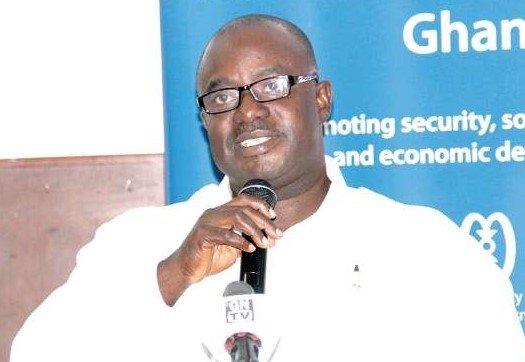
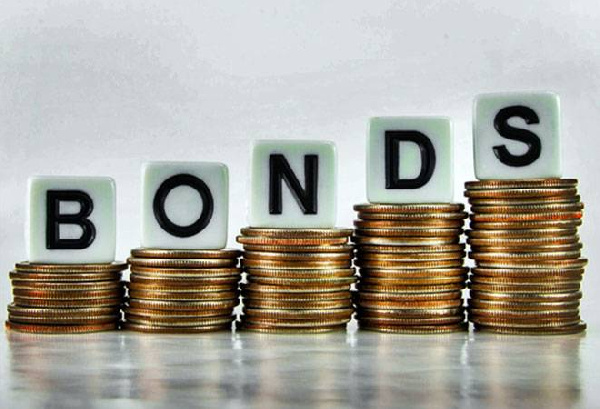
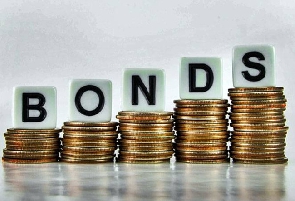

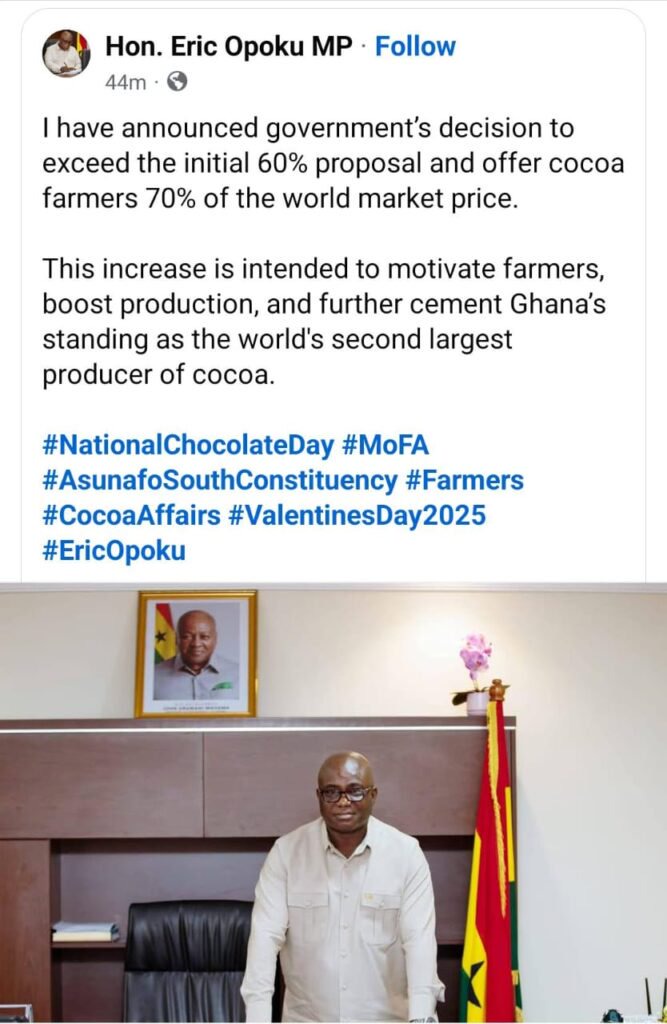
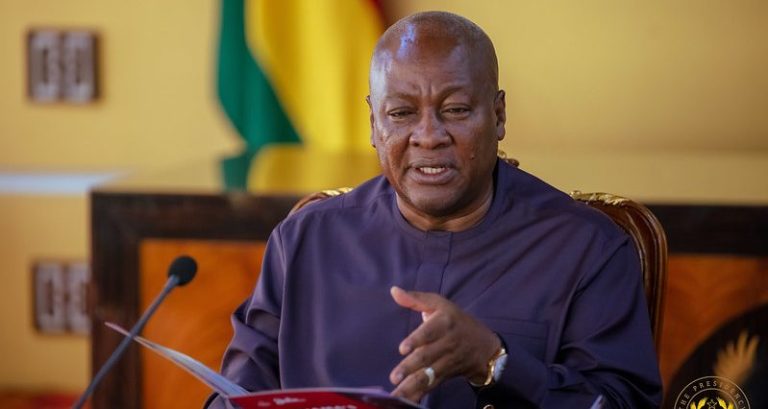

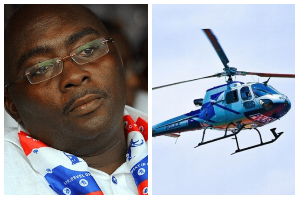

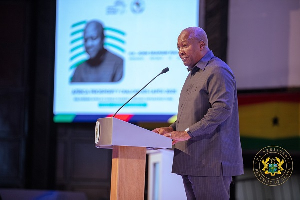
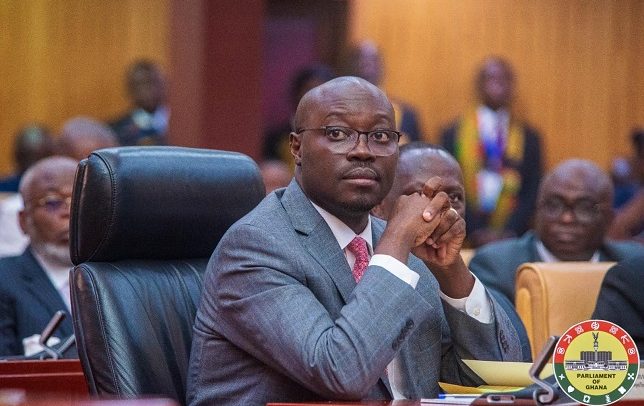
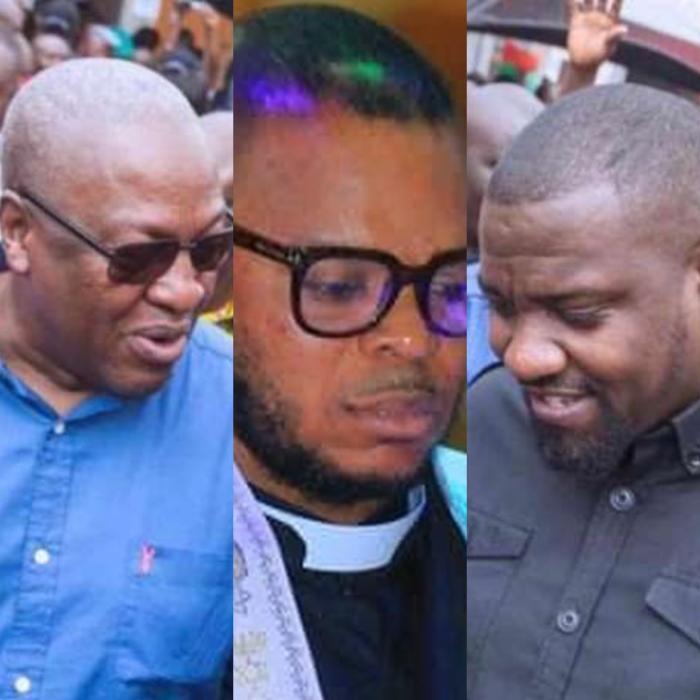
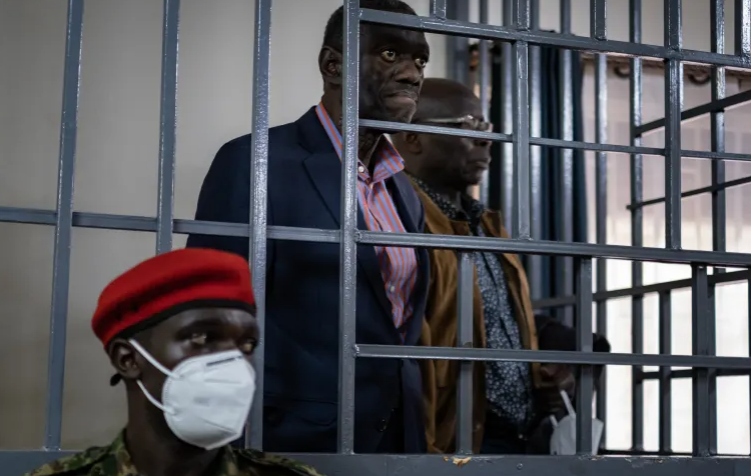

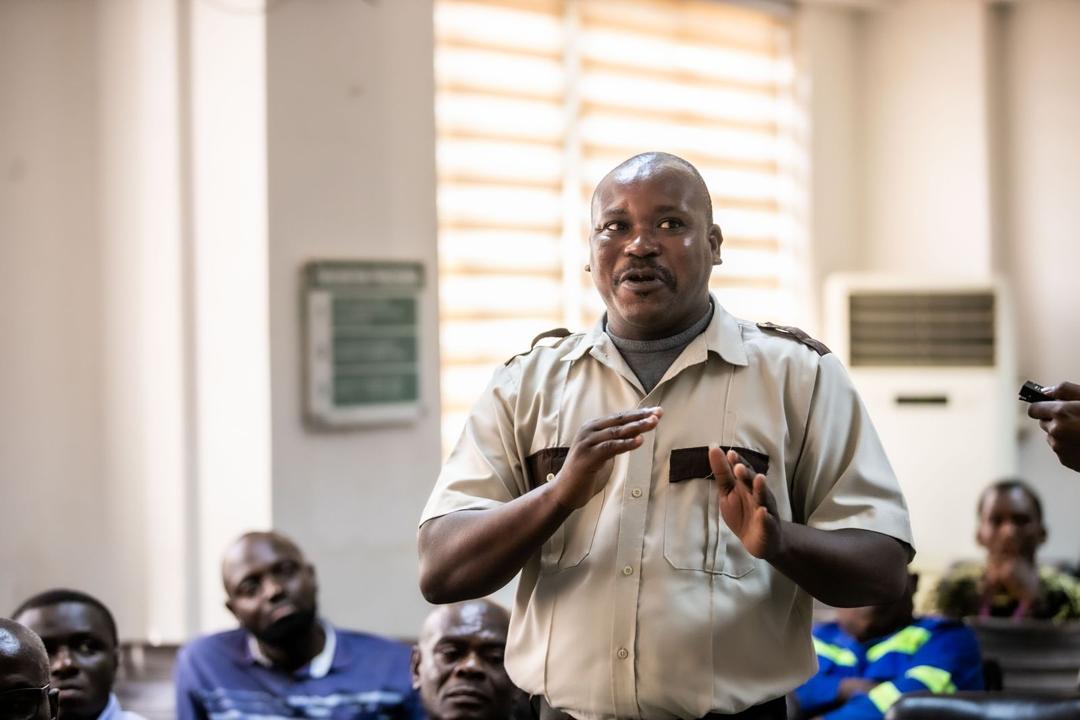
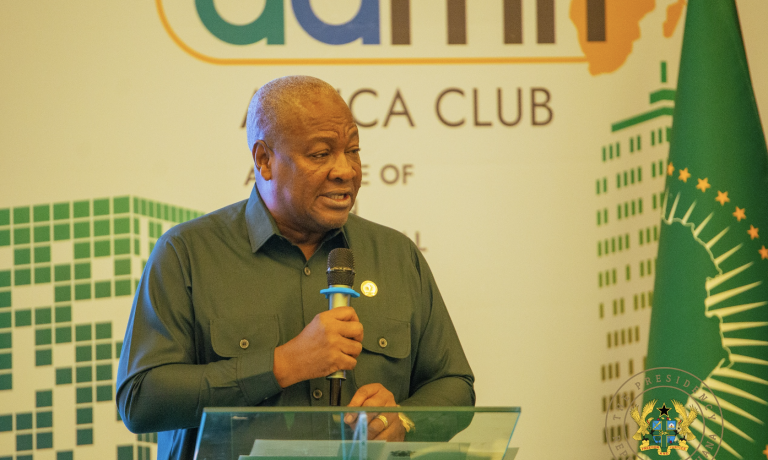






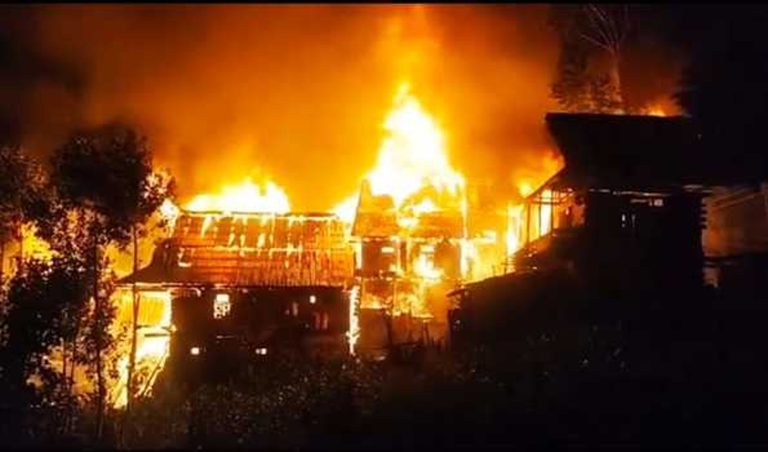
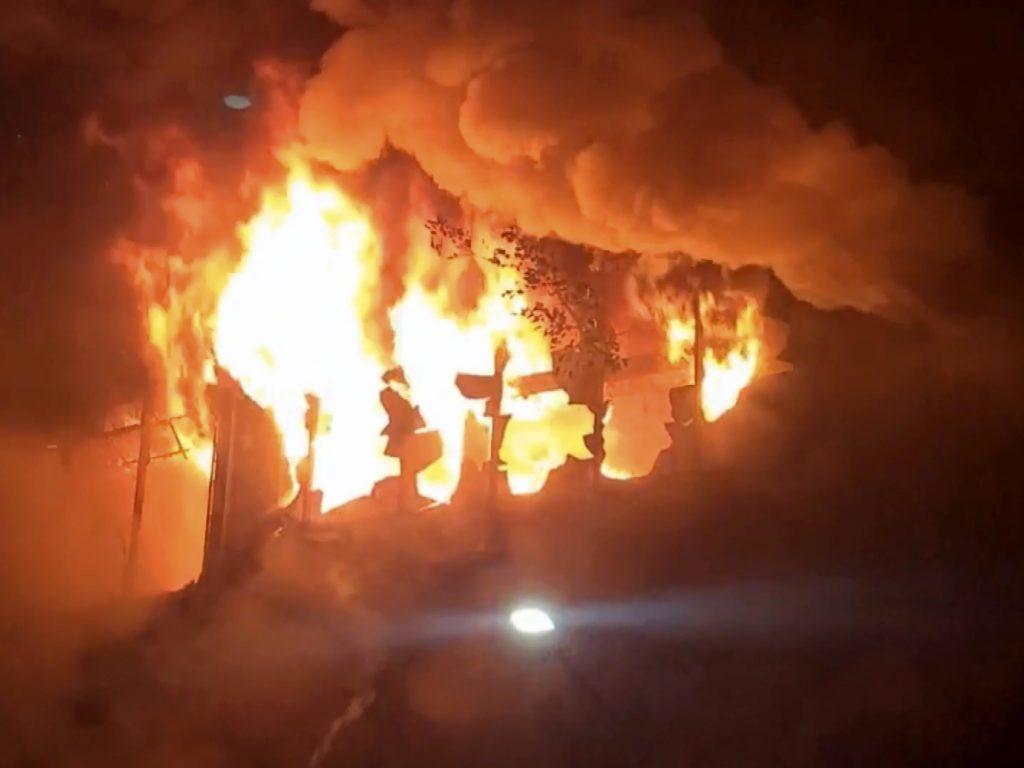
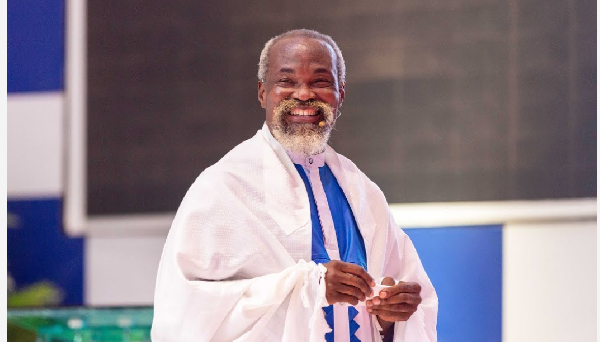
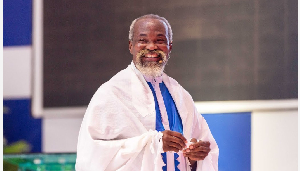
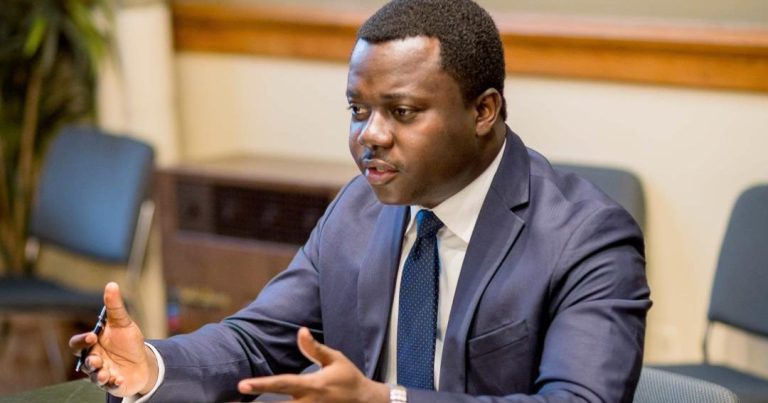

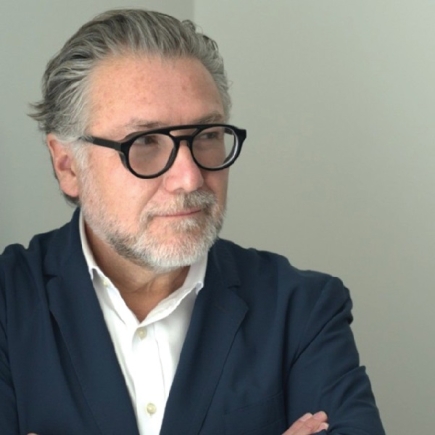

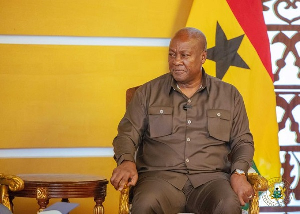

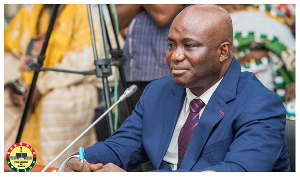

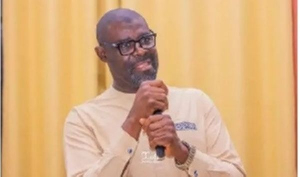






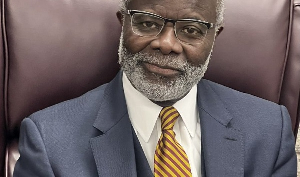



![Dr. Rashid Tanko-Computer [L] and Frank Annoh Dompreh Dr. Rashid Tanko-Computer [L] and Frank Annoh Dompreh](https://cdn.ghanaweb.com/imagelib/pics/210/21058218.295.jpg)

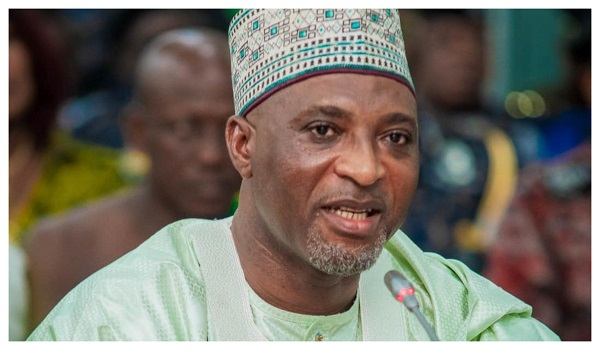
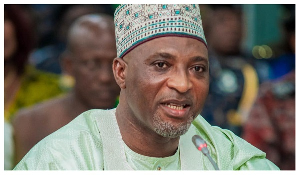

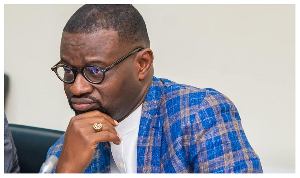

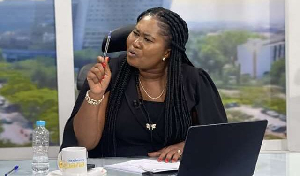



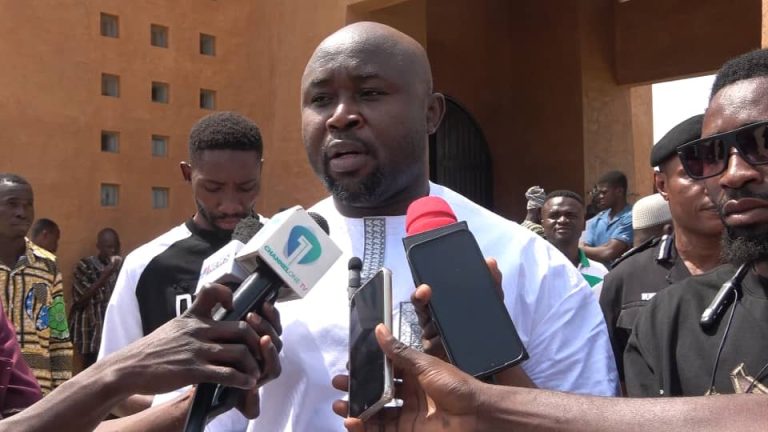




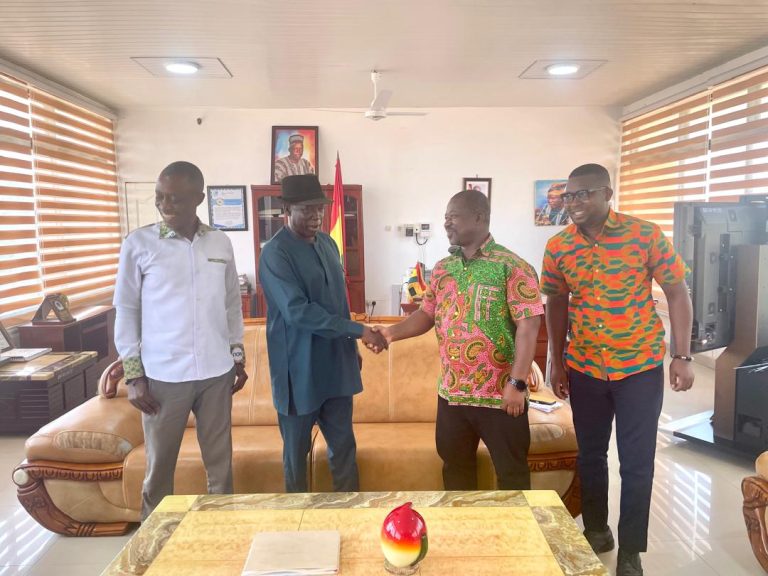
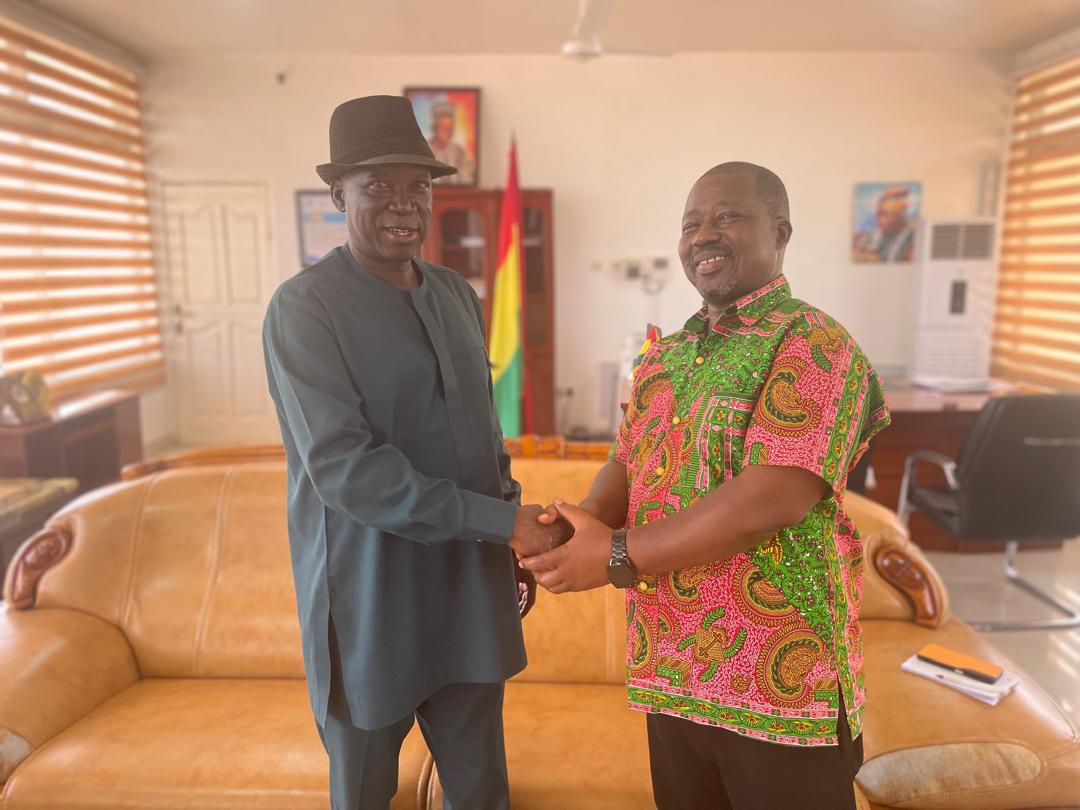 He further assured the visiting team of his administration’s full support in ensuring the success of the Caravan’s activities in the region, recognising its potential to boost local tourism, create economic opportunities, and showcase the Upper East Region to both local and international visitors.
He further assured the visiting team of his administration’s full support in ensuring the success of the Caravan’s activities in the region, recognising its potential to boost local tourism, create economic opportunities, and showcase the Upper East Region to both local and international visitors.

